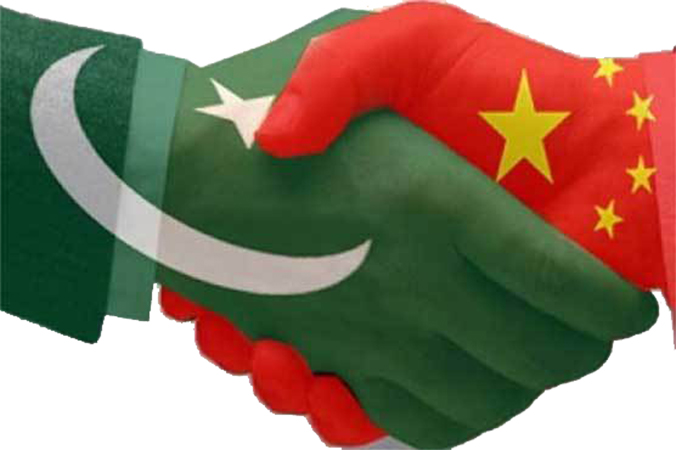ISLAMABAD: As Pakistan adapts to a dynamic global economy, partnering with China offers pathways to prosperity.
By aligning with China’s unfolding agenda, Pakistan can drive sustainable growth, positioning itself as a key beneficiary for years ahead, said Dr Liaquat Ali Shah, Head of Policy at the Centre of Excellence for CPEC, in an interview with WealthPK.
“China’s rise as a global economic power has initiated a significant realignment of global economic forces and relations.”
As China has risen as a prominent exporter of goods and services, its substantial demand for raw materials and other inputs has catalysed economic growth in numerous countries. It has reshaped the way countries interact economically, influencing trade patterns, supply chains, financial markets, and geopolitical dynamics on a global scale.”
The policy head stated, “If developing nations like Pakistan want to fully benefit from China’s transition, they must understand what the ‘New Normal’ involves. Amid China’s shift towards a consumption-driven and service-oriented growth model in the current economic environment, Pakistan finds itself presented with a compelling opportunity.”
“To capitalize on this potential, Pakistan must strategically align its production capabilities with the evolving demands and preferences of the Chinese market. By doing so, Pakistan will be poised to access and cater to the expanding consumer base in China,” he said.
He suggested that Pakistanis should engage in collaboration with their Chinese counterparts to effectively address regulatory challenges, streamline trade procedures, and foster cultural exchanges. It is imperative for Pakistan to grasp Chinese consumer preferences and market trends to adeptly tailor Pakistani products to meet the demands of the Chinese market.”
In a conversation with WealthPK, Malik Sohail Hussain, Chairman Coordination of the Federation of Pakistan Chambers of Commerce and Industry (FPCCI), said, “For many years, Pakistan and China have shared a robust and enduring bond, exemplified by their strong trade relations.”
“As Pakistan solidifies its trade partnership with China, it opens avenues for strengthened economic ties with Central Asia. This strategic alignment has not only enhanced Pakistan’s regional influence but also underscored its potential as a key player in the global marketplace.”
He said Pakistan stands at the cusp of immense opportunity, driven by its diverse market dynamics. Leveraging this diversity is pivotal for Pakistan to unlock its full economic potential. Forming a joint venture (JV) with an international partner could yield strategic advantages, such as cost reduction, entry into global markets, increased competitiveness, and acclimatization to the distinctive global business climate.
“JVs with China across specific industries hold promise not only for economic growth but also for generating employment opportunities. China’s steadfast focus on mines and minerals has cast a spotlight on Pakistan’s abundant natural resources, paving the way for substantial collaboration and investment opportunities. With China’s great demand for raw materials to fuel its industrial expansion, Pakistan stands to benefit immensely from enhanced trade relations and partnerships in the mining sector,” Sohail said.
He maintained that China has invested a huge amount in the region’s infrastructure development, especially in South Asia. All these developments indicate that there would be economic integration in the region, ultimately transforming political Integration.
China has adopted a series of measures including expanding institutional opening up, reducing restrictions on foreign investment, improving the business environment, enhancing market access, improving regulatory transparency, and a commitment to fair competition, which have provided promising prospects for foreign investors.
In the most recent development, the State Council, or the cabinet, issued a comprehensive plan in December 2023 to promote the high-level institutional opening-up of the China (Shanghai) Pilot Free Trade Zone (FTZ) by aligning it with high-standard international economic and trade rules. A total of 80 measures were outlined in the plan including initiatives to facilitate trade in goods and services, promote digital trade, and enhance intellectual property rights protection, among others.
On Jan. 1, 2020, China implemented the milestone Foreign Investment Law, which includes a comprehensive and fundamental set of legal standards for foreign investors and aims to better protect their rights and interests. The country is also actively seeking to continuously lower the threshold and reduce the costs and risks associated with foreign investment.
China’s expanded opening-up agenda presents a compelling opportunity for Pakistan to accelerate its economic development and strengthen its ties with key partners.

